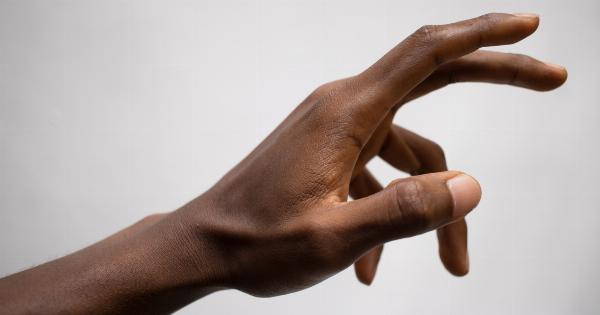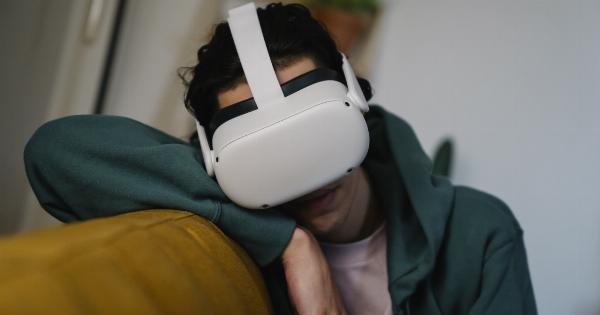Nail biting, or onychophagia, is a commonly observed nervous habit that affects people of all ages.
While it may seem like a harmless act, many individuals are unaware that nail biting can provide insights into their personality traits and underlying emotional states. In this article, we explore the connection between nail biting and personality to better understand the reasons behind this behavior.
1. Stress and Anxiety
One of the most common reasons people bite their nails is to cope with stress and anxiety. Nail biting often serves as a comforting mechanism, providing temporary relief from overwhelming emotions.
Research suggests that individuals who frequently engage in nail biting may be more prone to experiencing anxiety and stress-related disorders.
2. Perfectionism and Obsessive-Compulsive Traits
Nail biters are often associated with perfectionism and obsessive-compulsive traits. The act of biting nails may stem from a desire for perfection or a need to maintain control.
People with high levels of perfectionism tend to engage in behaviors that they believe will help them achieve their desired standards, even if it has negative consequences.
3. Impatience and Frustration
Impatience and frustration can also drive individuals to bite their nails. Nail biting can provide a way to release pent-up energy and emotions when faced with situations that trigger impatience or frustration.
It may serve as a coping mechanism to alleviate the feeling of restlessness.
4. Boredom and Inactivity
Individuals who frequently experience boredom or engage in sedentary activities often find themselves resorting to nail biting as a way to pass the time.
Nail biting can provide a sense of stimulation or relief from monotony, leading to a cycle of habit formation.
5. Perceived Concentration Booster
Some people feel that biting their nails helps them concentrate better. It is believed that the act of nail biting provides a temporary sensory input, which may lead to an increased sense of alertness or focus.
However, this perceived boost in concentration is short-lived and can be detrimental to one’s overall well-being.
6. Low Self-Esteem and Self-Criticism
Nail biting is often associated with low self-esteem and self-critical tendencies. People who struggle with negative self-perceptions may engage in nail biting as a way to cope with their insecurities.
It becomes a self-soothing behavior that temporarily distracts from self-judgment.
7. Sensory Stimulation and Oral Fixation
For some individuals, the act of nail biting provides a form of sensory stimulation and oral fixation. The chewable texture of nails may offer comfort and relief, similar to how children use pacifiers or thumb-sucking for self-soothing purposes.
8. Perceived Sense of Control
Nail biting can provide a sense of control when individuals feel overwhelmed or powerless in certain situations. By biting their nails, they gain a sense of authority over their actions, creating an illusion of control over aspects of their lives.
9. Habitual Response to Triggers
Like any other habit, nail biting can become a conditioned response to specific triggers. Certain situations or emotional states may automatically prompt the behavior, making it challenging to break the habit.
Identifying and addressing these triggers is essential in overcoming nail biting tendencies.
10. Multifaceted Personalities
It is crucial to note that nail biting is not exclusive to a particular personality type.
People from all walks of life exhibit this behavior, and it is influenced by a combination of factors, including genetics, learned behaviors, and individual circumstances. The connection between nail biting and personality is complex and varies from person to person.





























